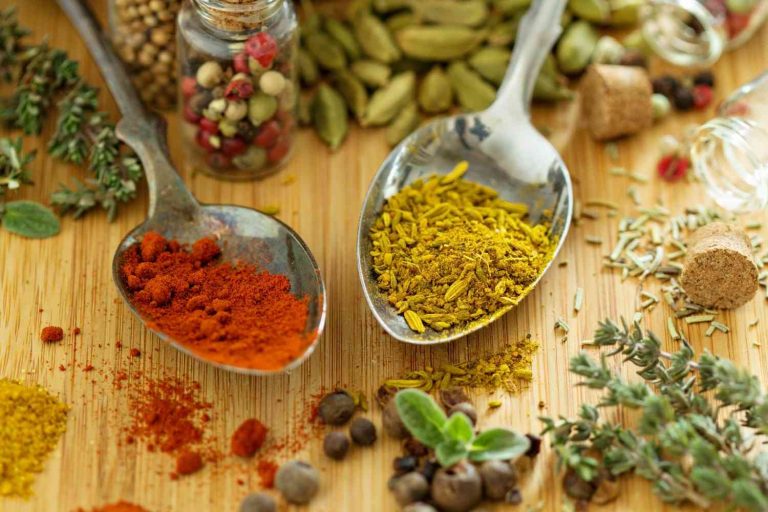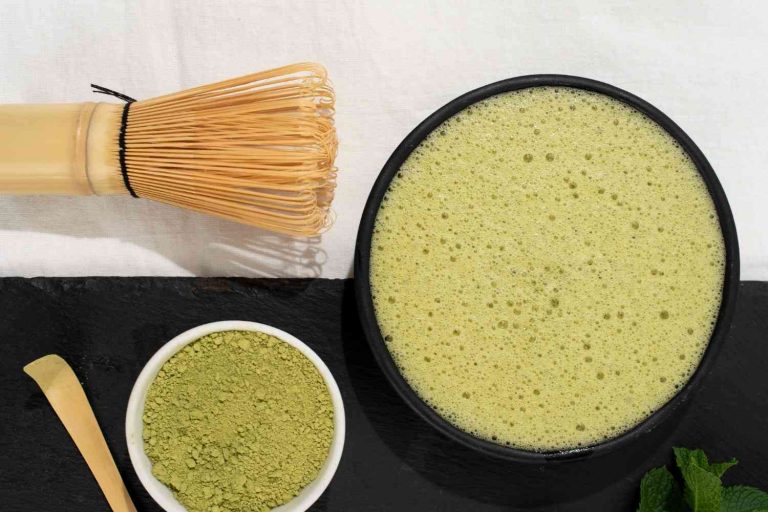Healthy aging is more than just a buzzword; it’s a lifestyle choice that empowers your body and mind as you grow older. Each year brings its own set of challenges, but it also offers a chance to embrace life with vigor and strength. Understanding how to age healthily is essential—it’s not just about adding years to your life but adding life to your years.
So, why does healthy aging matter? Because it allows you to experience life fully, enjoy your passions, and maintain your independence. As you navigate this journey, you have the power to enhance your physical health, mental well-being, and emotional happiness. Let’s explore the seven secrets that can help you embrace healthy aging today!
Contents
1. Nourish Your Body with Whole Foods
The foundation of healthy aging starts with what you put on your plate. Think of food as your fuel—what you consume directly affects your energy levels, mood, and overall health.
Focus on Nutrient-Dense Choices
- Vegetables: Load up on leafy greens, colorful veggies, and cruciferous options. They’re packed with vitamins and antioxidants.
- Fruits: Berries, apples, and citrus fruits are not just delicious; they provide essential nutrients and support brain health.
- Whole Grains: Swap refined grains for whole grains like quinoa, brown rice, and oats. They help maintain your energy throughout the day.
- Healthy Fats: Incorporate sources of omega-3s like fatty fish, avocados, and nuts. These fats are crucial for brain function and heart health.
Making these choices isn’t just a task; it’s a celebration of what your body truly craves. For more in-depth insights on nutrition, check out the Harvard T.H. Chan School of Public Health.
2. Stay Active and Engaged
Physical activity is a cornerstone of healthy aging. It’s not just about hitting the gym; it’s about finding joy in movement.
Find Activities You Love
- Walking: A simple, effective way to stay active. Even short walks can uplift your mood and improve cardiovascular health.
- Strength Training: Incorporate weights or resistance bands twice a week. Building muscle helps maintain metabolism and bone density.
- Yoga or Pilates: These practices enhance flexibility, balance, and mental clarity. Plus, they’re fantastic for stress relief.
- Dancing: Who says exercise can’t be fun? Dancing boosts your heart rate and lifts your spirit.
Staying active is a gift you give yourself. It keeps your body strong and your mind sharp. For more tips on staying active as you age, visit CDC’s Physical Activity Guidelines.
3. Cultivate Strong Social Connections
Your relationships play a crucial role in your healthy aging journey. Connection breeds happiness and longevity.
Foster Your Social Circle
- Stay in Touch: Regularly connect with family and friends. A simple call or coffee date can brighten your day.
- Join Groups: Whether it’s a book club, gardening group, or volunteer organization, find your tribe. Shared interests create bonds.
- Be Open: Don’t hesitate to meet new people. Attend community events or workshops. You never know where the next friendship may blossom.
Engaging with others provides emotional support and a sense of belonging. For more on the importance of social connections, read this article from the National Institute on Aging.
4. Prioritize Mental Wellness
Your mind deserves just as much attention as your body. Mental wellness is vital for healthy aging and living a fulfilling life.
Practice Mindfulness and Self-Care
- Meditate: Even a few minutes a day can reduce stress and improve focus. Find a quiet space and simply breathe.
- Journaling: Write down your thoughts and feelings. It’s a powerful tool for reflection and emotional release.
- Limit Stress: Identify stressors and find ways to manage them. Whether it’s through yoga, deep breathing, or time in nature, prioritize what calms you.
Your mental health is just as important as your physical health. For more resources, check out the Mental Health America website.
5. Get Regular Check-Ups
Prevention is key in healthy aging. Regular check-ups ensure that you’re on the right track and can catch potential issues early.
What to Include in Your Routine
- Annual Physicals: These provide a comprehensive overview of your health and can highlight areas needing attention.
- Screenings: Stay on top of screenings for cholesterol, blood pressure, diabetes, and cancer. Early detection can save lives.
- Vaccinations: Keep your immunizations up to date, including flu shots and others recommended for your age group.
Your health is your greatest asset. Take charge by scheduling those appointments and advocating for yourself. For more information on preventive health measures, visit the U.S. Preventive Services Task Force.
6. Embrace Lifelong Learning
Your brain is a muscle, and like any muscle, it needs exercise. Engaging in lifelong learning fuels your mind and keeps it sharp.
How to Keep Learning
- Take Classes: Whether online or at a local community center, find topics that interest you. It could be art, history, or even a new language.
- Read Widely: Books, articles, or even podcasts—immerse yourself in new ideas and perspectives.
- Challenge Yourself: Solve puzzles, learn to play an instrument, or start a new hobby. Engaging your brain in different ways keeps it active.
Continuously learning enriches your life and keeps you curious. For inspiration, check out the American Association of Retired Persons (AARP) resources on lifelong learning.
7. Prioritize Sleep Quality
Sleep is your body’s time to repair and rejuvenate. Prioritizing quality sleep is crucial for healthy aging.
Tips for Better Sleep
- Create a Routine: Go to bed and wake up at the same time each day, even on weekends. Consistency is key.
- Limit Screen Time: Reduce exposure to screens an hour before bed. The blue light interferes with your natural sleep cycle.
- Create a Sleep Sanctuary: Make your bedroom a peaceful retreat. Keep it dark, cool, and quiet.
Quality sleep is non-negotiable for your well-being. For more tips on improving sleep, visit the Sleep Foundation.
Bottom Line
Healthy aging is within your grasp. By nourishing your body, staying active, fostering connections, prioritizing mental wellness, getting regular check-ups, embracing lifelong learning, and valuing sleep, you can enhance your quality of life.
So, what are you waiting for? Start implementing these secrets today. Your future self will thank you!
FAQ
Q: What is the best diet for healthy aging?
A: A balanced diet rich in whole foods, including fruits, vegetables, whole grains, lean proteins, and healthy fats, supports overall health.
Q: How can I stay socially connected as I age?
A: Engage with family and friends, join community groups, and participate in social activities to foster connections.
Q: Why is sleep important for aging?
A: Sleep is essential for physical health, mental clarity, and emotional well-being, all of which contribute to healthy aging.
Q: How often should I see a doctor as I age?
A: Regular check-ups at least once a year, along with recommended screenings, are crucial for maintaining health as you age.
Embrace the journey of aging with grace and enthusiasm. Your best years are yet to come!
Get Your FREE Natural Health Guide!
Subscribe now and receive our exclusive ebook packed with natural health tips, practical wellness advice, and easy lifestyle changes, delivered straight to your inbox.





